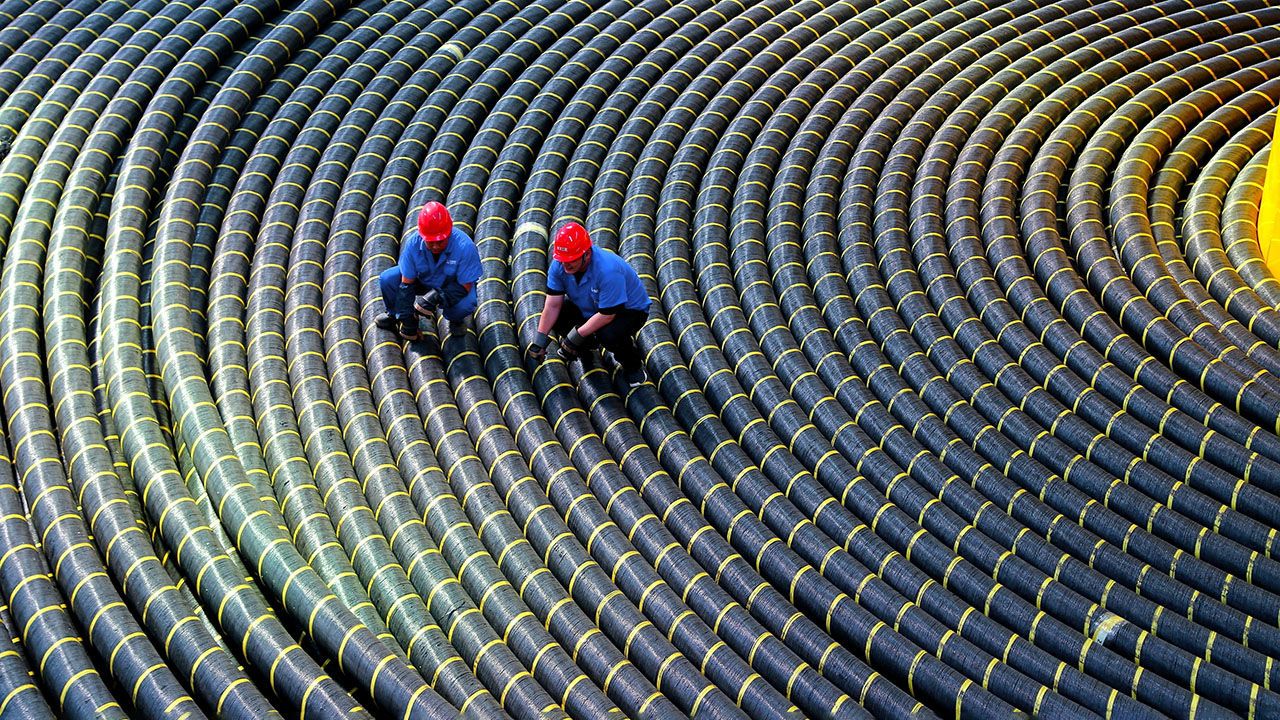How China and Russia could hobble the internet
The undersea cables that connect the world are becoming military targets

NOT LONG ago a part of the British government asked RAND Europe, a think-tank in Cambridge, England, to conduct some research on undersea critical infrastructure. The think-tank studied publicly available maps of internet and electricity cables. It interviewed experts. It held focus groups. Halfway through the process Ruth Harris, the leader of the project, realised that she had inadvertently unearthed many sensitive details that could be exploited by Russia or other adversaries. When she approached the unnamed government department, they were shocked. The reaction, she recalls, was: “Oh my god. This is secret.” When they learned that Ms Harris’s team was drawn from all over Europe, they demanded that it be overhauled, she says: “This needs to be UK eyes only.”
This article appeared in the International section of the print edition under the headline “The ties that bind”
More from International

How encrypted messaging apps conquered the world
And why governments want to wrest back control

The poisonous global politics of water
Polarisation makes it harder to adapt to climate change

Indian tourists are conquering the world
A booming middle class, budget flights and Bollywood
Can Donald Trump’s Iron Dome plan keep America safe?
In a dangerous world, cutting-edge missile defence is all the rage
Why the war on childhood obesity is failing
Sugar taxes and obesity drugs will not be enough
Paris could change how cities host the Olympics for good
The games will test the success of new solutions to old bugbears
